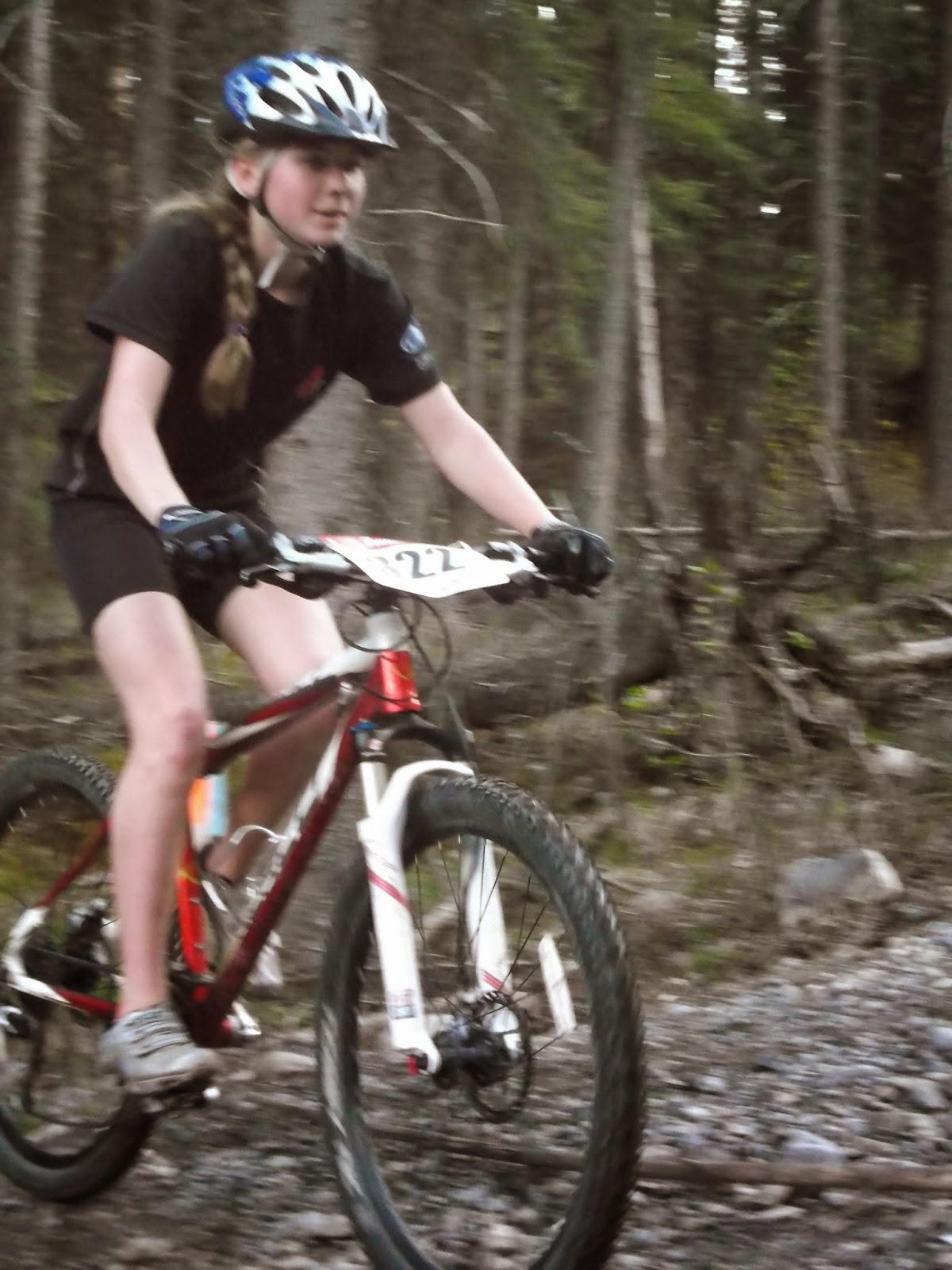Change can be difficult . It can also be very exciting. I've seen this alot in my work with a local school division. Our province's education department is experimenting with a new process to redesign curriculum. The government department has contracted out the work to several school divisions. The intent is that the school divisions will inform the goverment on what is needed to prepare our students for a world that we can't yet imagine. They 'll do this work by engaging teachers, administrators, parents, and the community in conversations about what good learning looks like, what is worth knowing, and thinking about how design of learning outcomes affects the quality of learning. Its pretty exciting work - rather than a bunch of PhDs in Edmonton answering these questions and sending them out to teachers for comments and piloting, the government department is going to start with the ideas from practicing teachers about what really works well to advance student achievement. I've had the great fortune of facilitating numerous conversations about these topics over the past few months. You see, what Alberta Education is trying to do is create a paradigm shift in the way curriculum is redesigned - in essence to create a new prototype that can be replicated in the future. They are attempting to capture best practice ideas from teachers who know better than anyone what great learning looks like, what type of learning outcomes bring about engaging learning, and what is worth knowing. Exciting stuff.
When is a good time for change? my response - anytime is good - when it grounded in best practice, aligned with current best practice literature, and includes the voices of athletes, coaches, parents, and communities. In Alberta, the opportunity exists right now for this important work to happen. For a majority of years in the past decade, Alberta has been a development hub for high performing cross country skiers. For the past two or three years though, that development hotbed has shifted east to Quebec and more recently also Ontario. No longer have Alberta athletes dominated world junior trials, national championships, and noram races. What's going on here? what is that we need to do to support athletes and clubs in creating spaces where young athletes get inspired and develop fitness, skill, and confidence to be the best in the country. Don't get me wrong, its not that Alberta isn't producing national champions anymore - Fact is, a good number of Alberta athletes won national championships this past winter.
There are several valid indicators though that the time is right for some renewal of the Alberta Team program. Fewer Alberta juniors are applying to or being accepted at National Training Centres than what was typical even 3 years ago. Fewer Alberta athletes are qualifying for World Junior Championships teams. There just seems to be fewer high performing Alberta athletes at Nationals than was typical not very long ago. Is this a problem? maybe not. Should we panic? definitely not. Are these indicators that Alberta can be doing something differently? Ya maybe. But maybe not. Fact is there are still some very strong clubs in Alberta producing disproportionate numbers of athletes who are 'in the game' at Nationals. Is it time to do a critical reflection on what we're doing and what we might do to optimize the role of the Alberta Ski Team in supporting clubs and athletes in becoming their best - I'd say yes. If we weren't willing to make changes then what is the alternative?
They are doing some interesting things in Quebec that might be helping to create a space there where sucess is nurtured. They have an engaging provincial youth championships that gets kids hooked on racing. They provide opportunities to apply for funding to help get athletes to big competitions. They focus on a broad range of ages in their provincial program - right up to U23. Athlough not part of the formal Quebec Ski Team program, national level athletes are recognized as being part of Team Quebec, and are welcome to attend provincial level training camps if it meets their needs. What a cool possibility for a 16 year old, "hey, I might get to ski with Alex Harvey this weekend".
Lets face it, one of the most important raison d'etre for provincial teams is recognition. How can we expand the impact of a valuable commodity like recognition and still have merit based team selection? The fact is that the core of the work that helps athletes achieve success is done by athletes doing the work everyday with their club coaches. The club coach designs the technical and physical training programs that gets athletes to high levels. So maybe a important part of a provincial team is about building the capacity of club coaches. But maybe a more important reality is that one of a provincial program's biggest impacts is the earned recognition. How can we maximize this benefit?
What can we envision for a provincial ski team in Alberta? How can we build on the incredible legacy of success in our province? What, if anything, needs redesign? I certainly have some ideas about these questions. I am interested in hearing yours...
Roy Strum
Alberta Ski Team Director 2014-16

.jpg)

